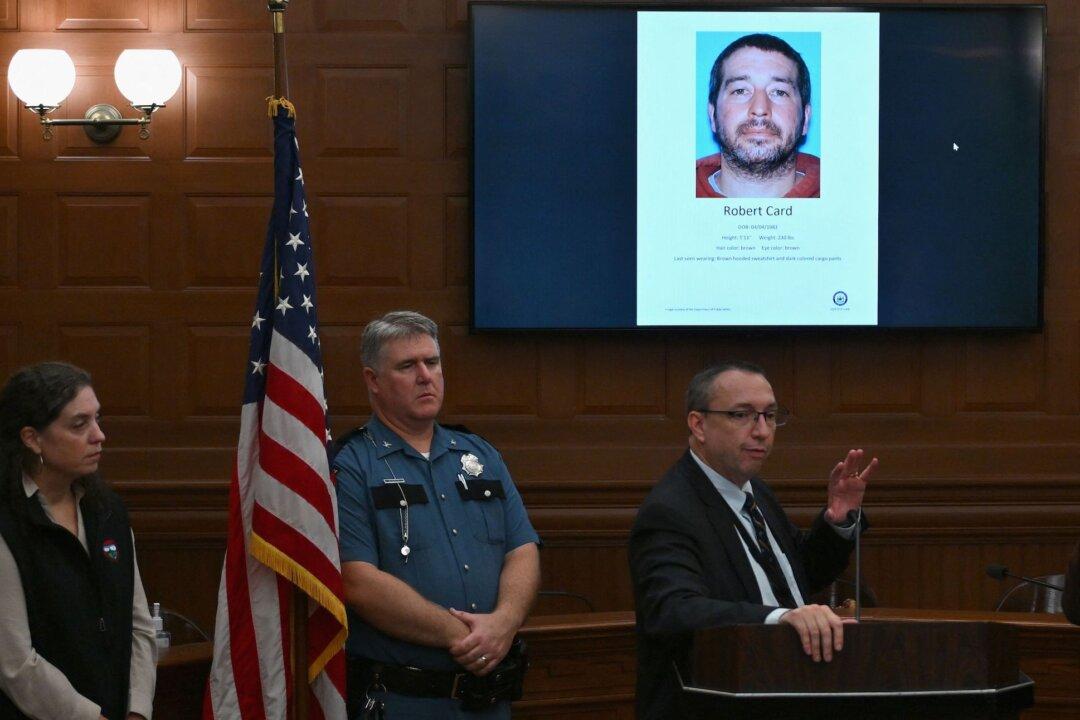Two senators from Maine have called on the Inspector General of the U.S. Department of the Army, Lieutenant General Donna W. Martin to conduct a comprehensive review as to what, if anything, the service could have done to prevent the Oct. 25 shooting spree by a mentally ill reservist.
In a Monday letter, Sen. Susan Collins (R-Maine) and Sen. Angus King (I-Maine) called for an inspector general review while noting reports that the primary suspect in the Lewiston shooting, Robert Card, had exhibited a variety of warning signs known to the service and local law enforcement in the weeks and months leading up to the shooting.





